- Move player within boundaries
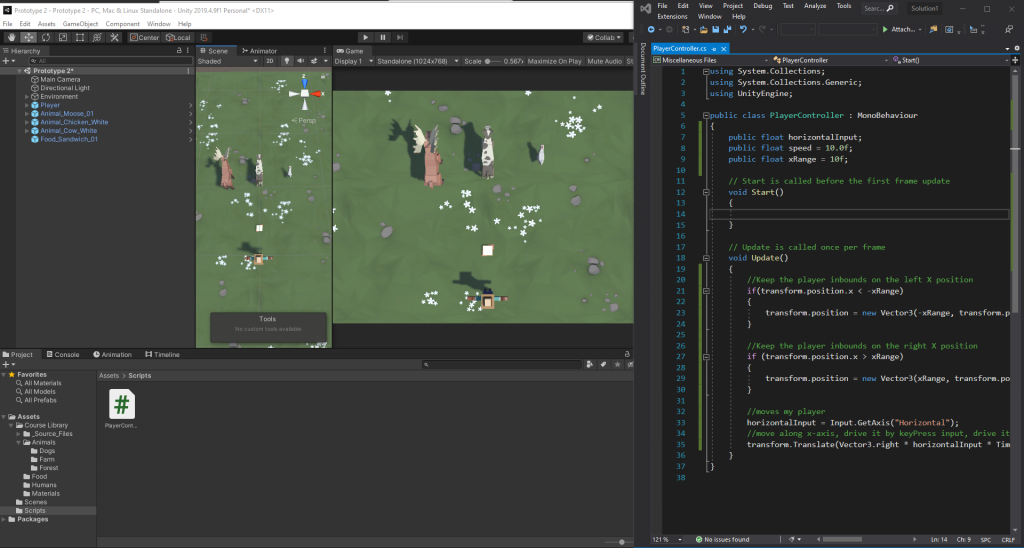
2. Launch projectile prefab
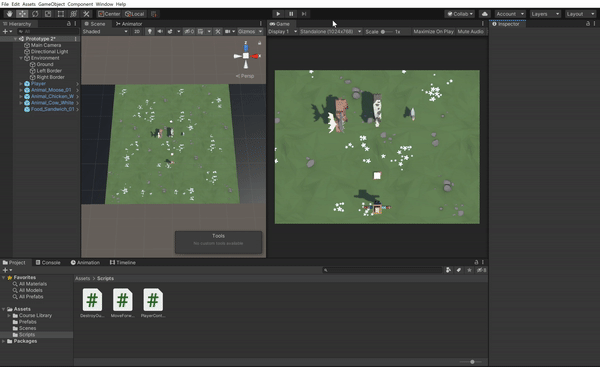
3. Random animal selection
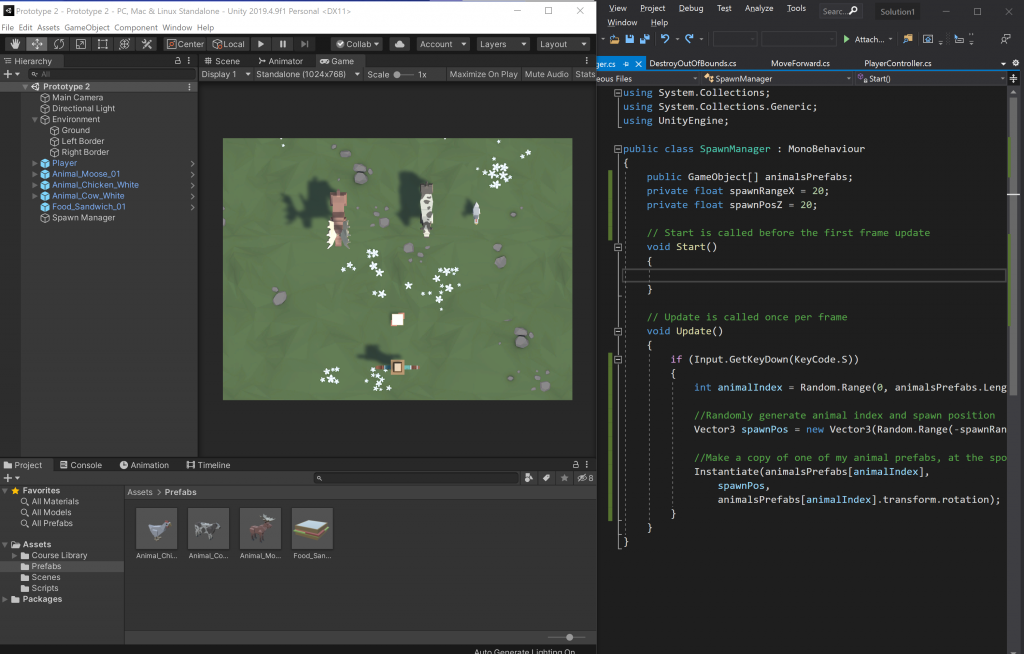
4. Spawn animals at intervals
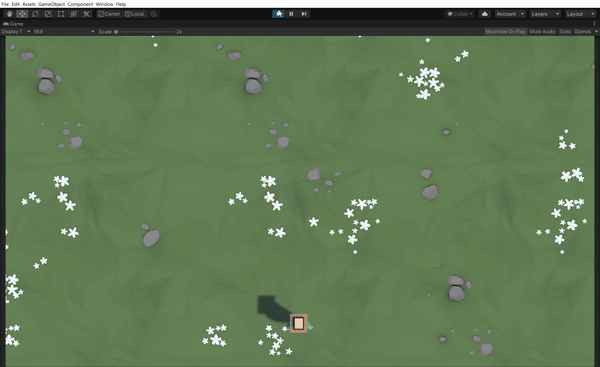
5. New project with primitives
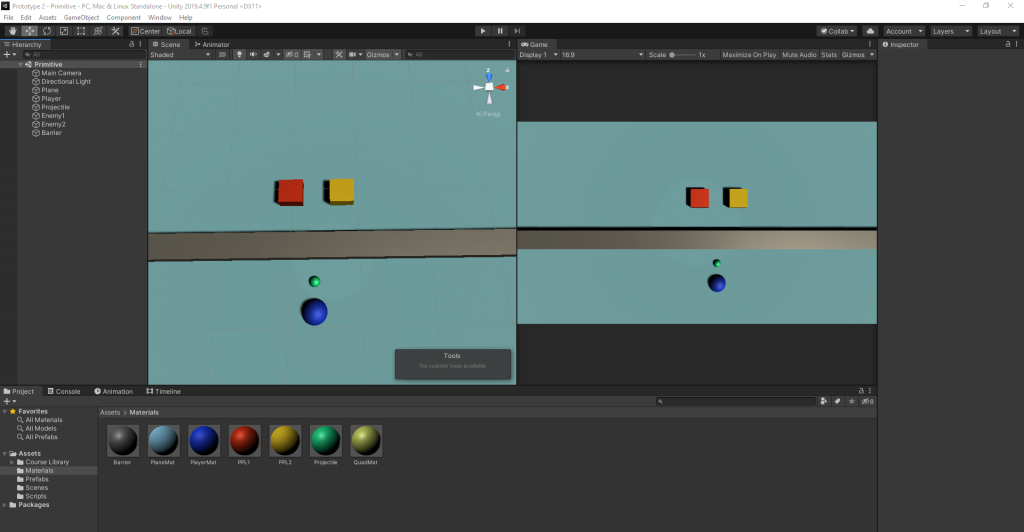
60-212: Interactivity and Computation for Creative Practice
CMU School of Art / IDeATe, Fall 2020 • Prof. Golan Levin

2. Launch projectile prefab

3. Random animal selection

4. Spawn animals at intervals

5. New project with primitives

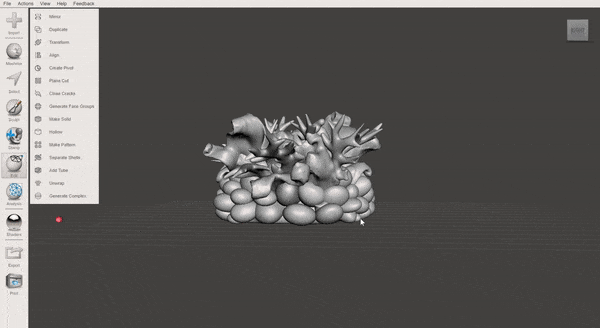
Assembling and molding together in Meshmixer
The models I used were of a coral, bubble coral, and a sculpture I made for another class that mimicked the shape of a wave. What I liked about the assemblage I made was the dichotomy of shapes and textures each one had – sharp, organic, bubbly and geometric. I played a lot with choosing the materials for the sculpture and in the end, this shiny, bubblegum pink really stood out to me. and in my opinion, it really showcases the contrasting shapes super well.
I used Cinemachine in Unity to record the video of my Assemblage.
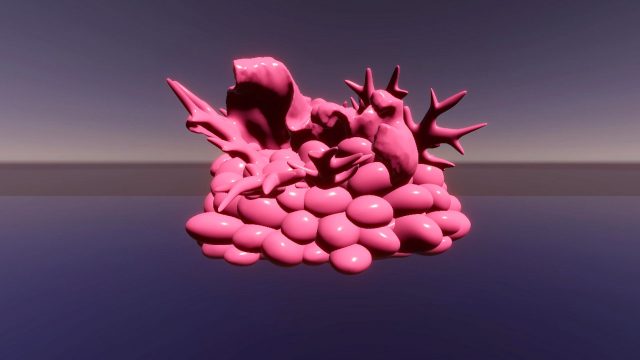
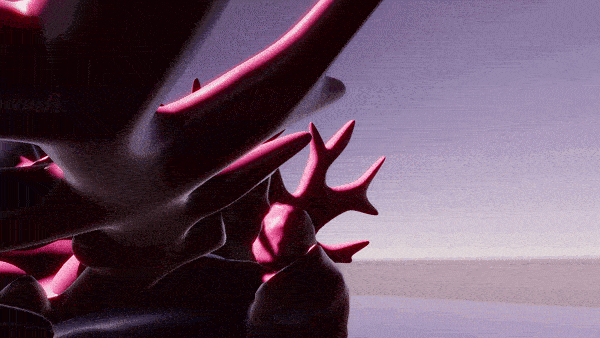
I think it’s interesting to see someone approach creating a game from a non-game designer perspective– as there’s much less emphasis on gameplay, but how the game is experienced and the emotional impact it brings.
I certainly resonated with the part where she said she had to teach herself everything.
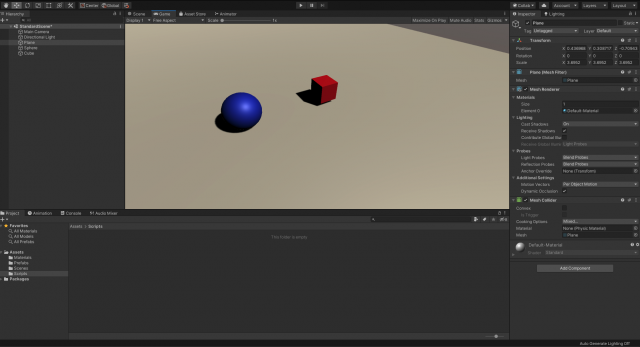
For my primitive game, I am planning to make a game in which the user jumps over incoming obstacles instead of shoots at them. I’m in the process of making my own assets
I loved her unique take to 3d vr. I feel like most of the focus is on games but her aesthetics were artistic and whimsical which is a unique approach to the field.
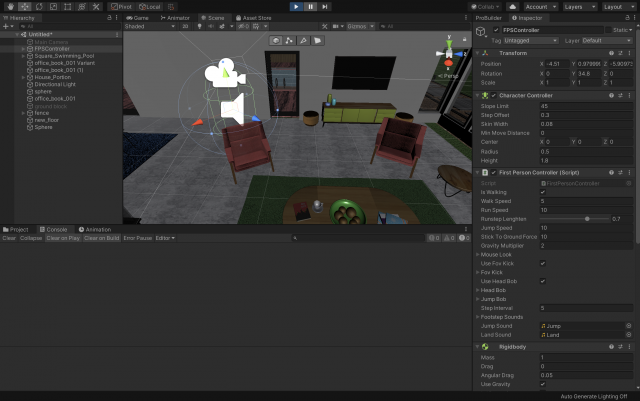
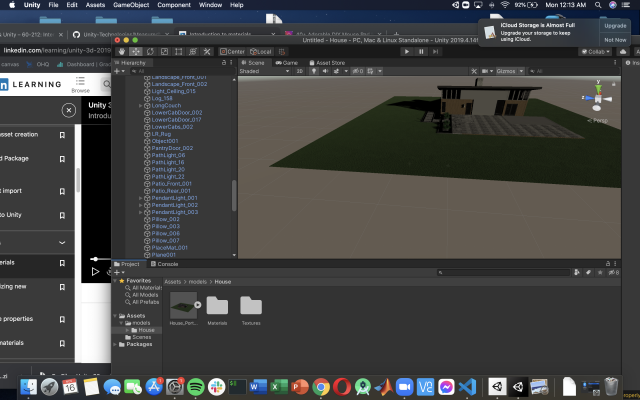
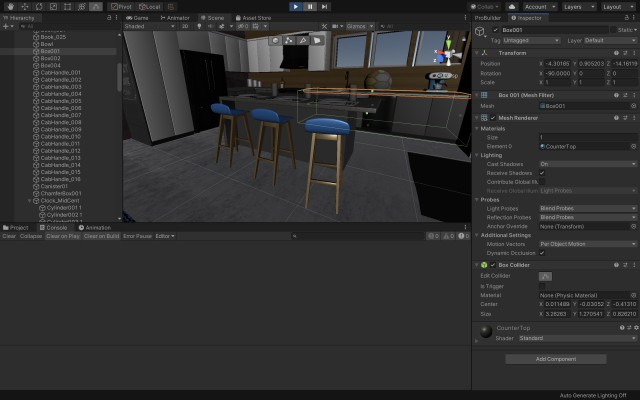
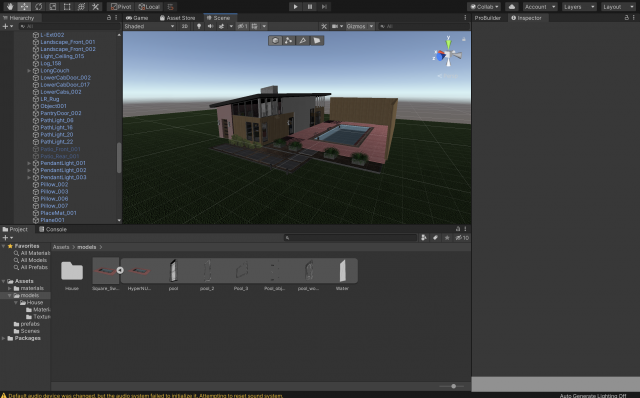
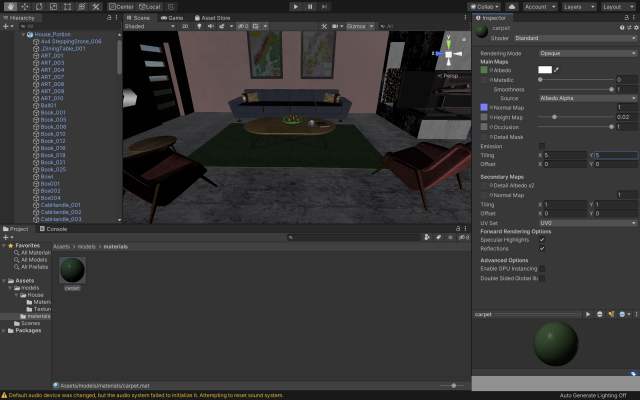
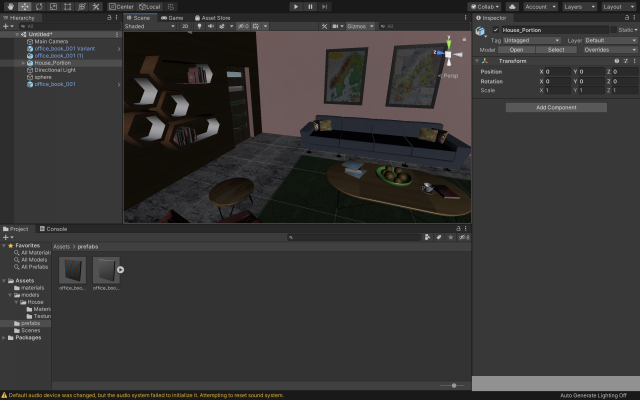
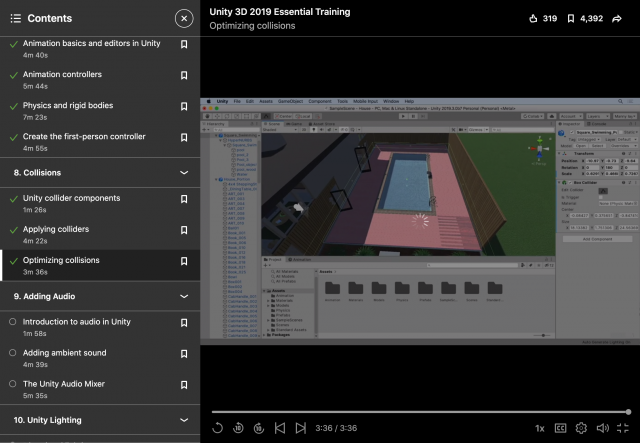
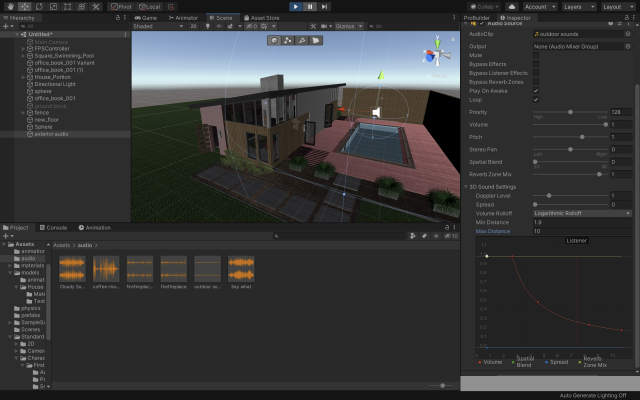
I appreciate how Phazero uses the gaming format as a foundation for their art, but they still make it accessible to people who might not initially think the games are art. I also appreciate how they showed some of their first projects and talked about some of the initial struggles of the medium.
Ch.3 – Importing the house
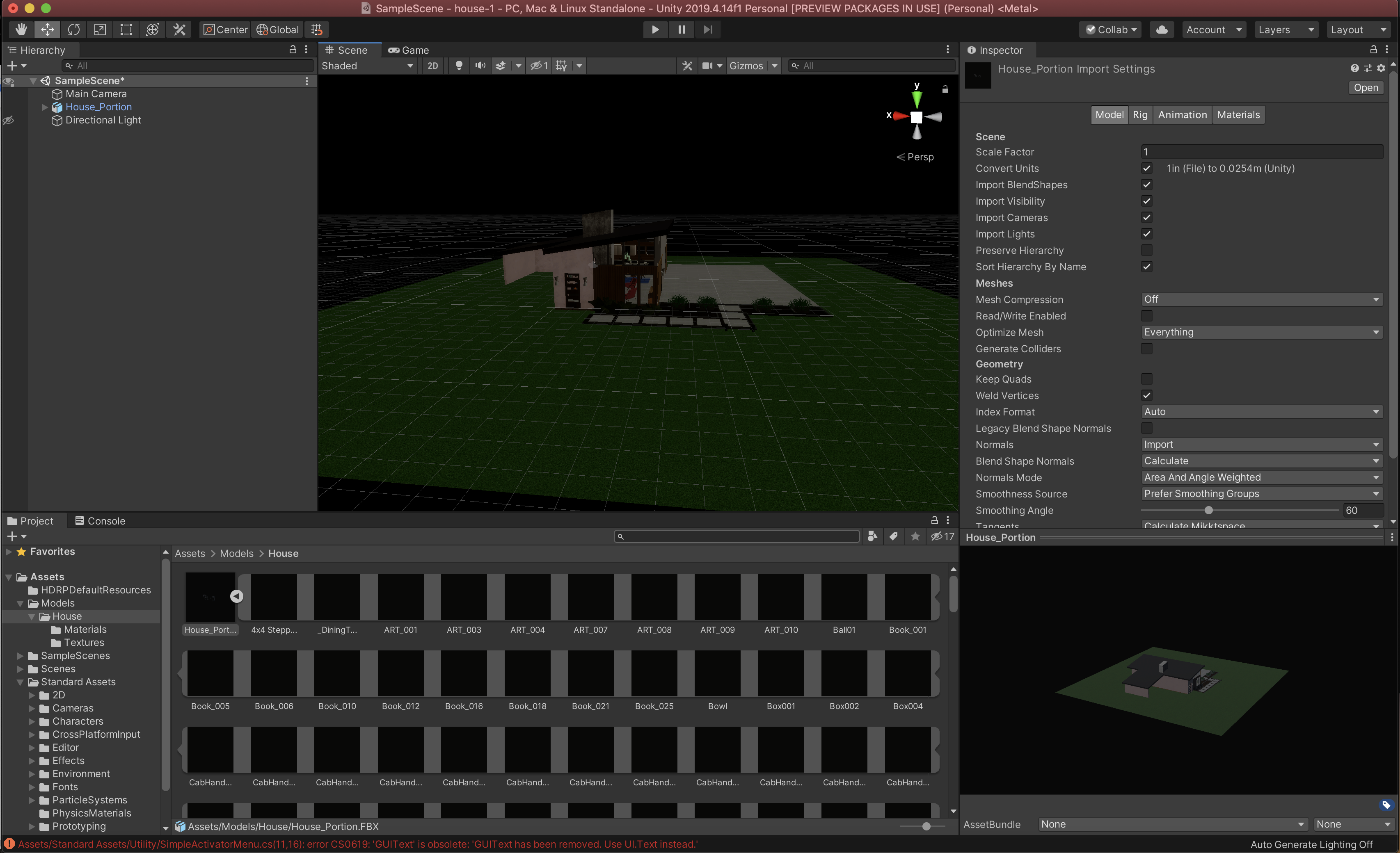
Ch.4 – Carpet material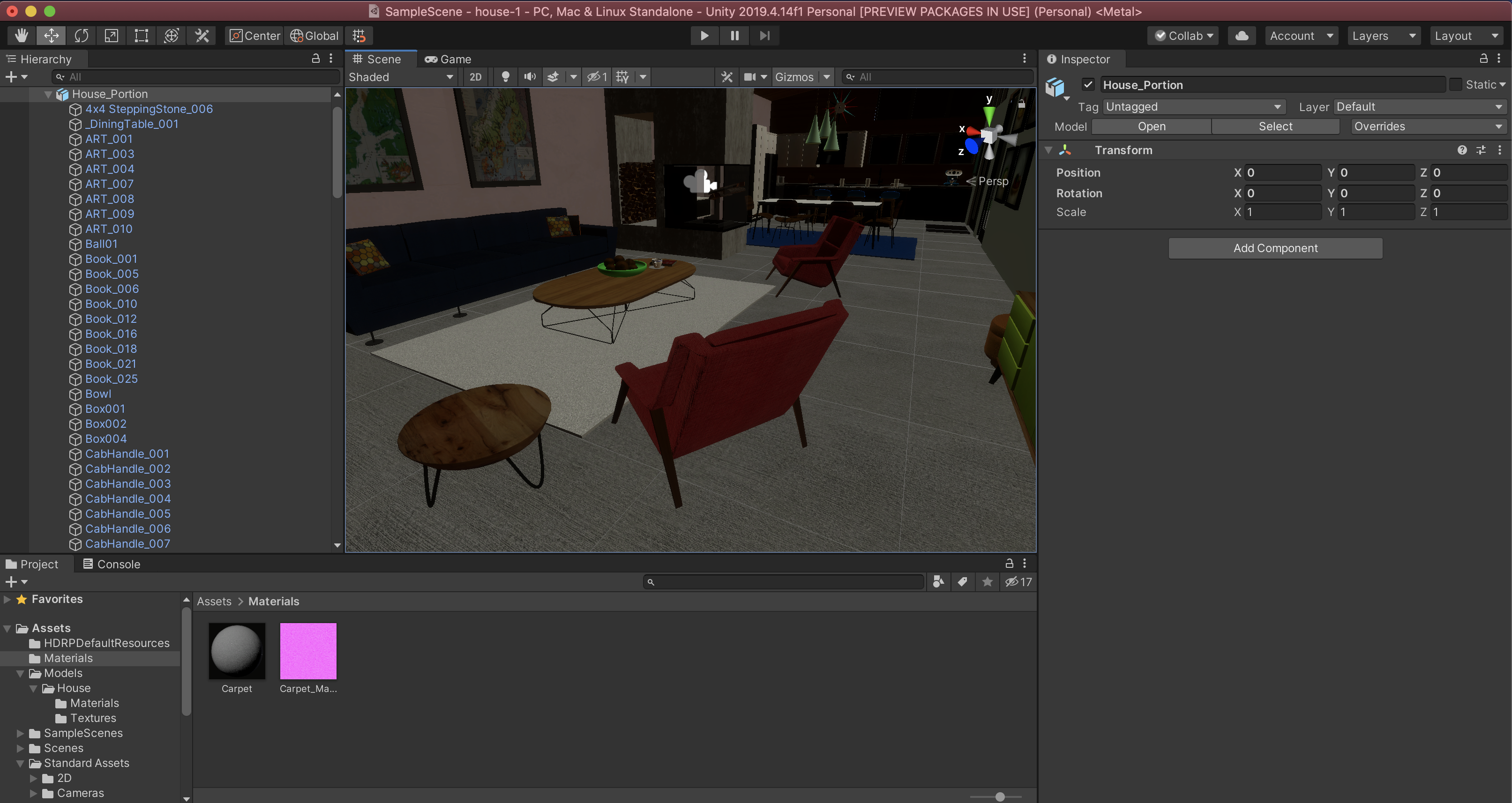
Ch.5 – Book prefabs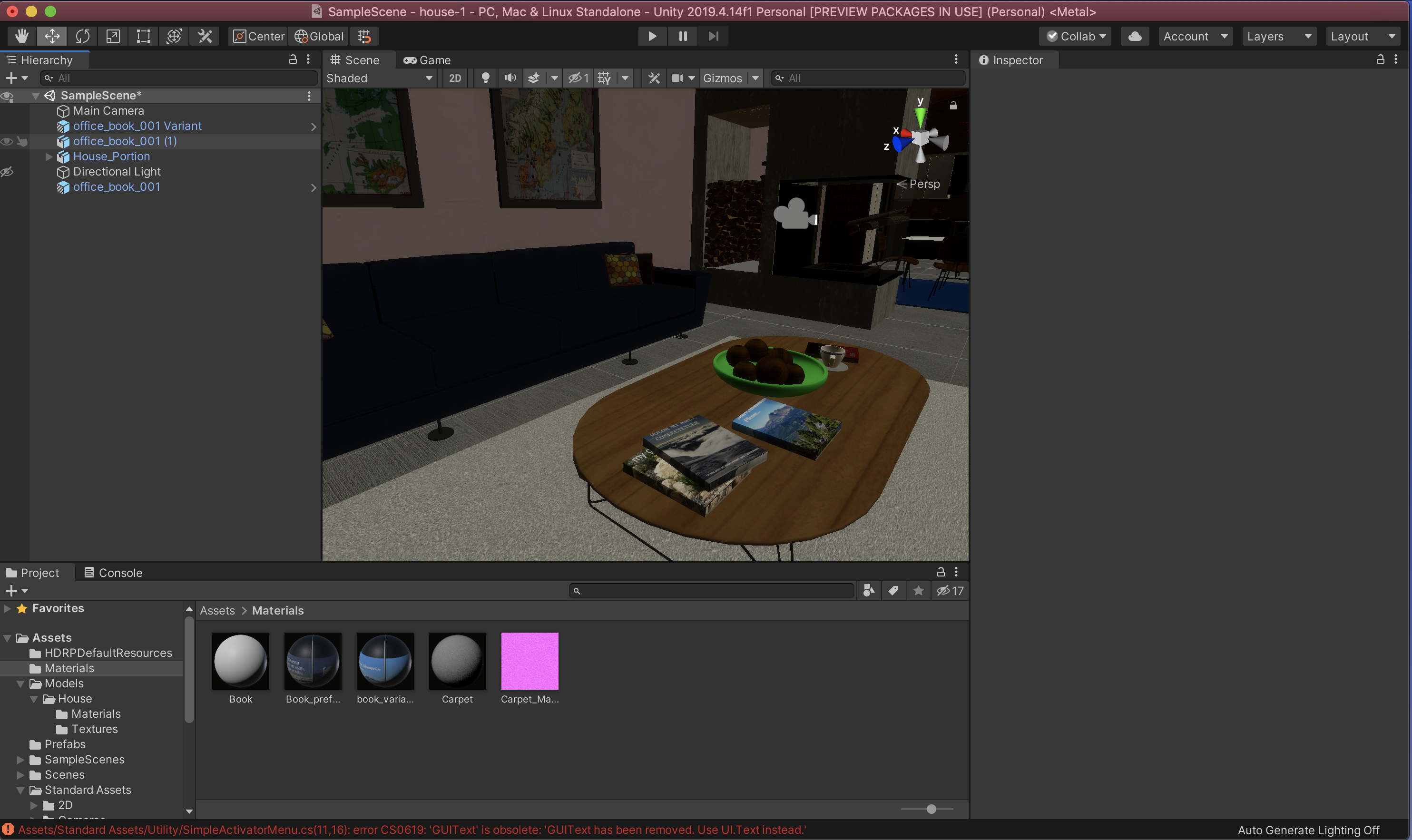
Ch.6 – Pool Probuilder
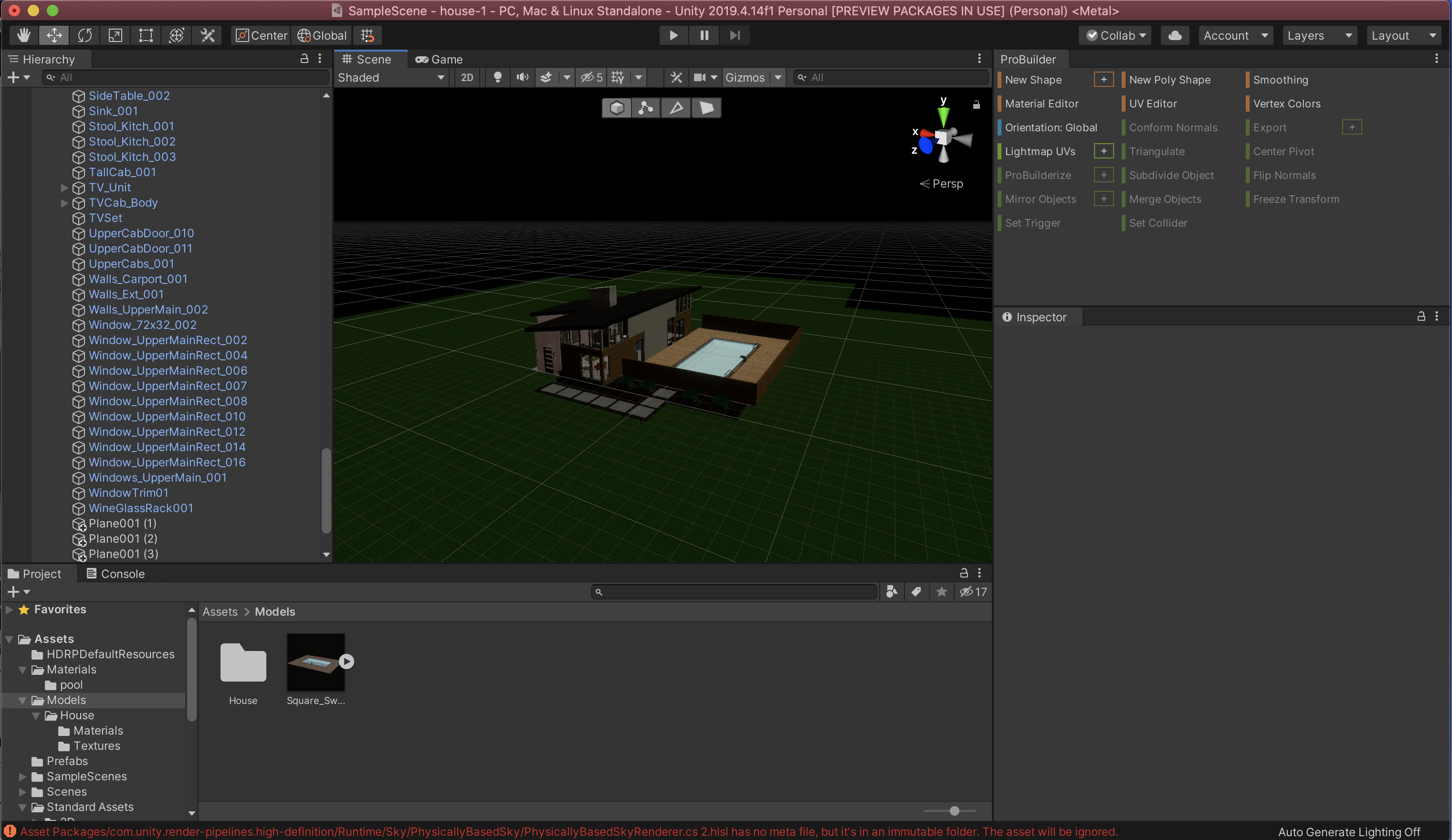
Ch.7 – Ball jump
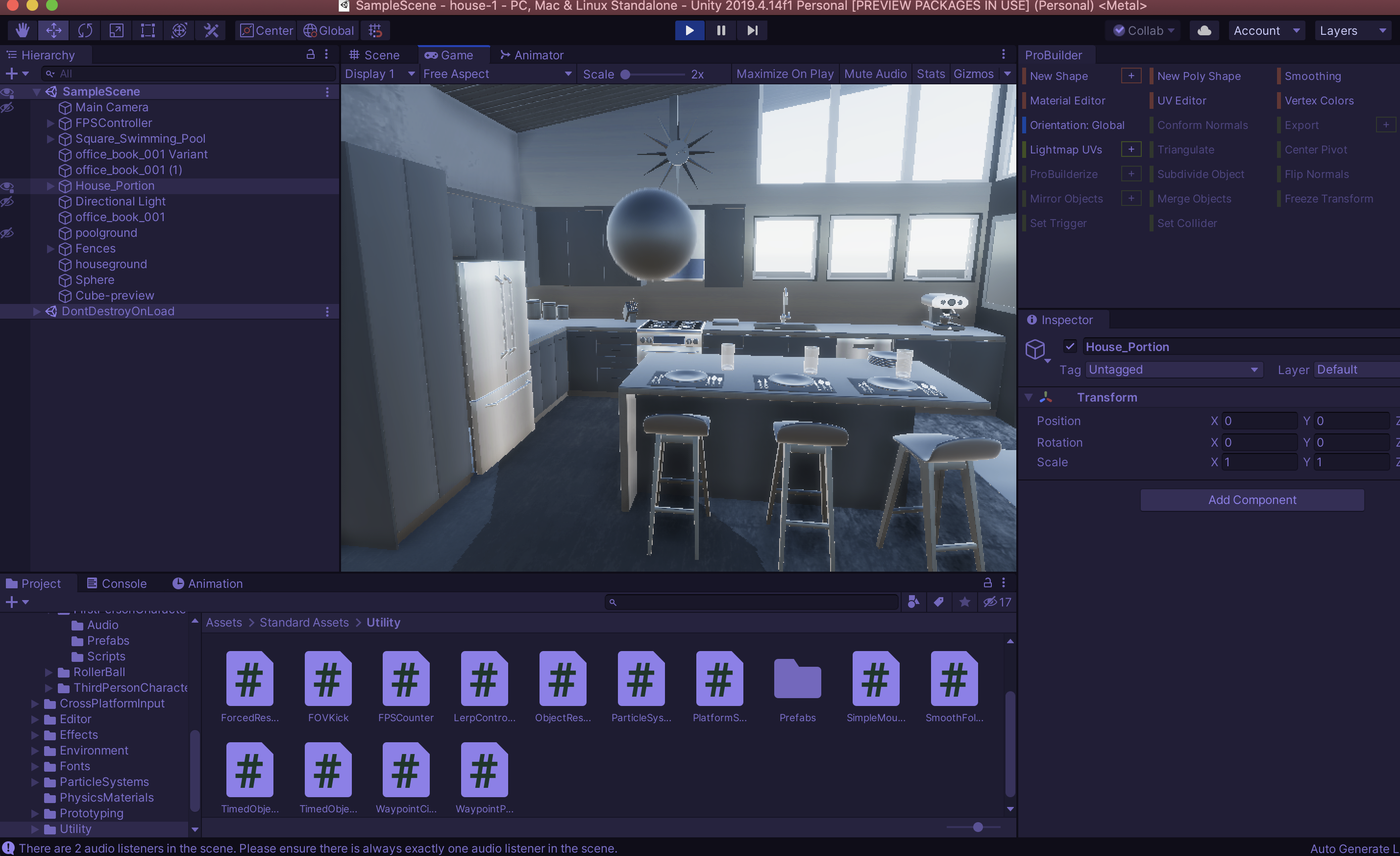
Ch.8 – Player collisions (Player against the kitchen counter)
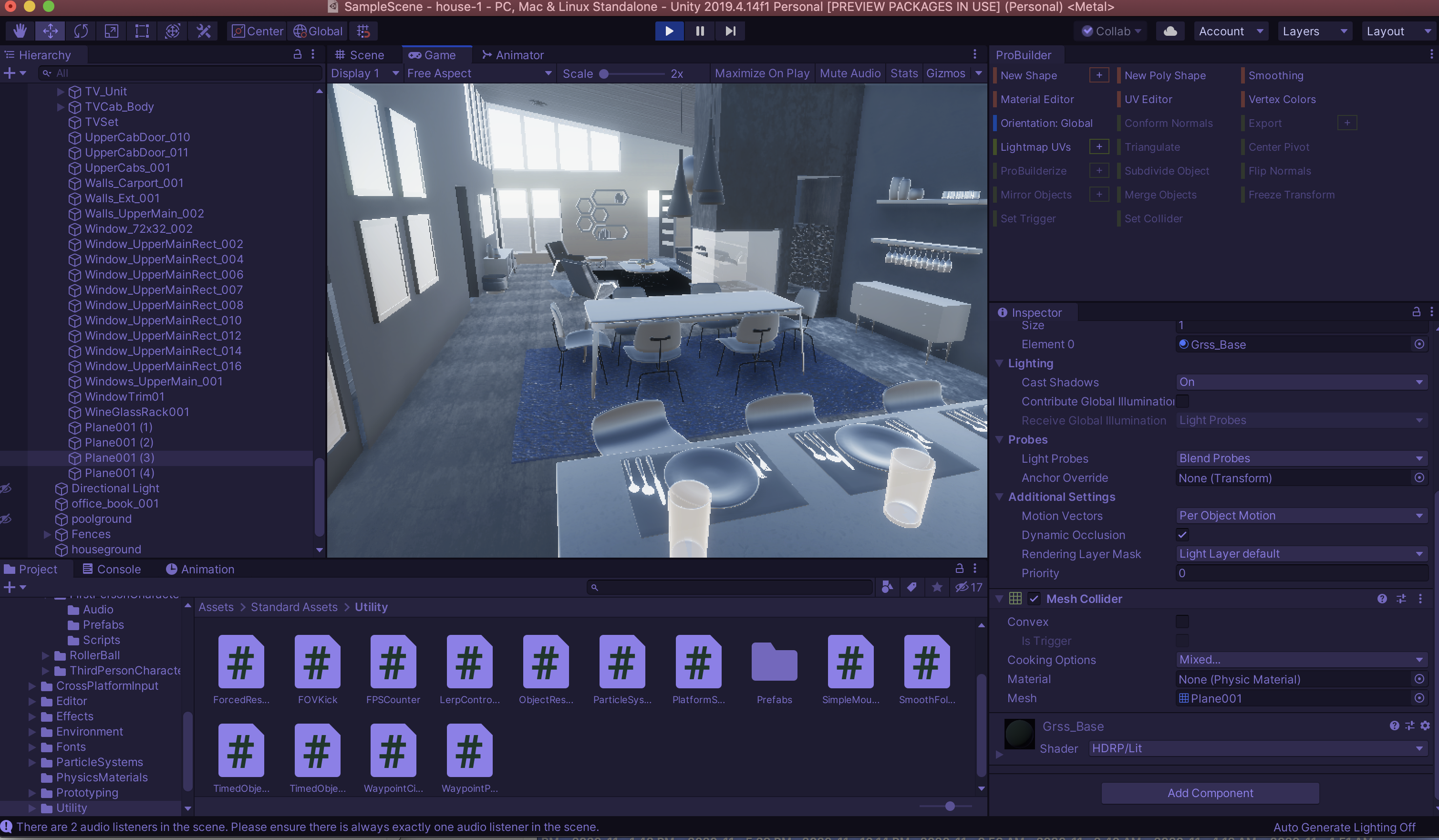
Ch.9 – Sound 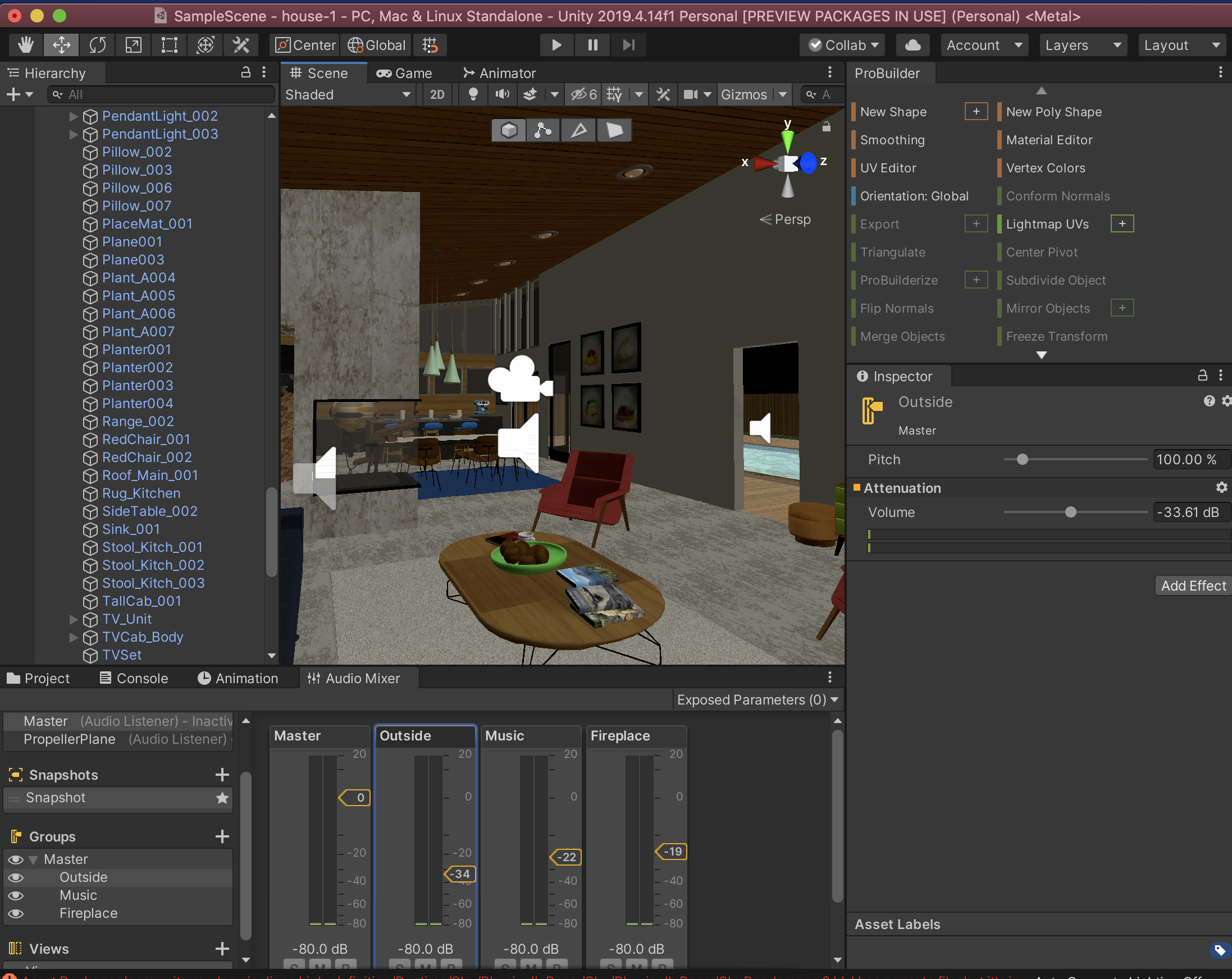
Ch.10 – Lighting
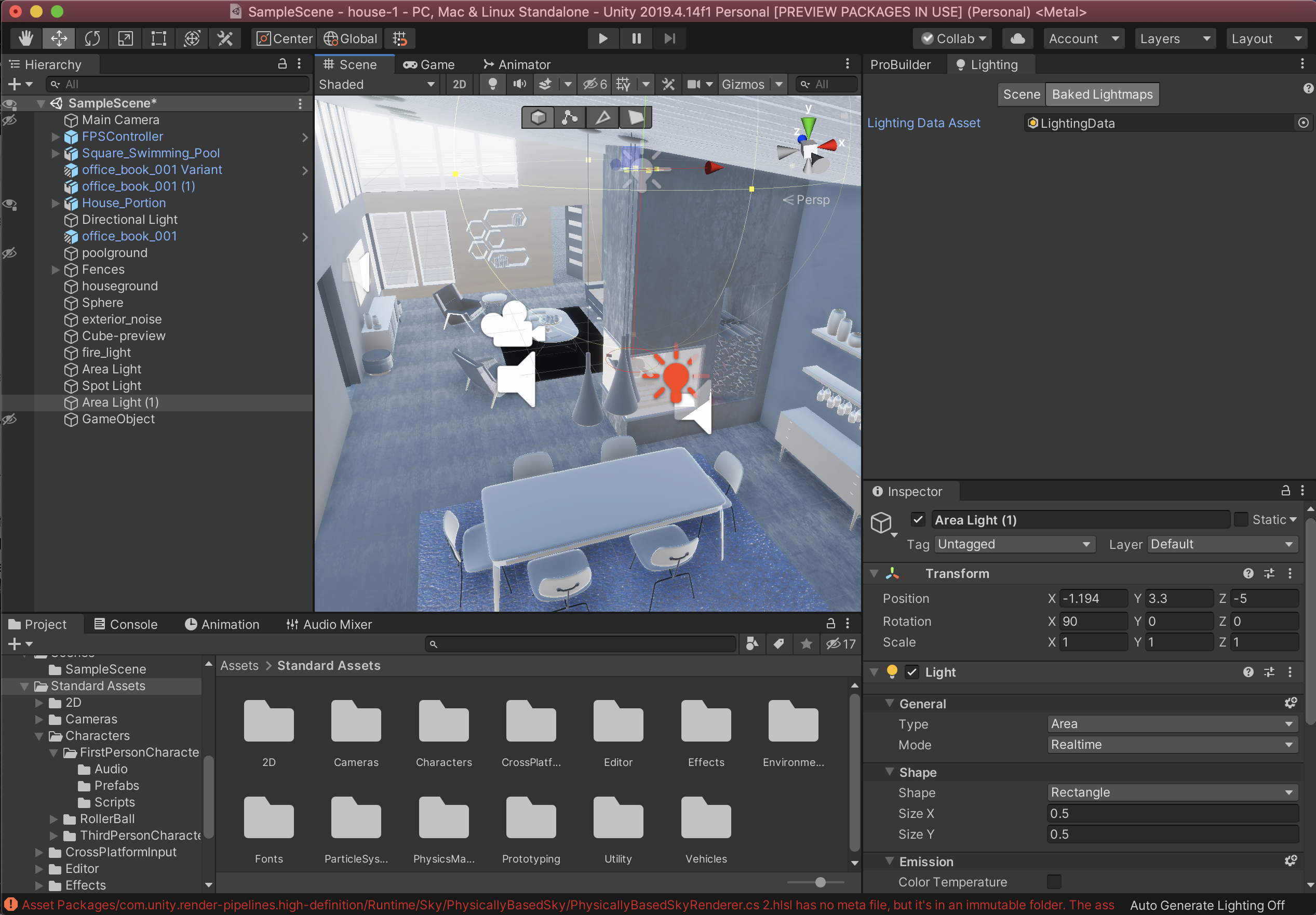
(After spending a long time trying to fix the “blue tint” on the render, I realized that I could use the provided exercise files to avoid the blue tint. Below is the file I started with before jumping into Ch.11.)
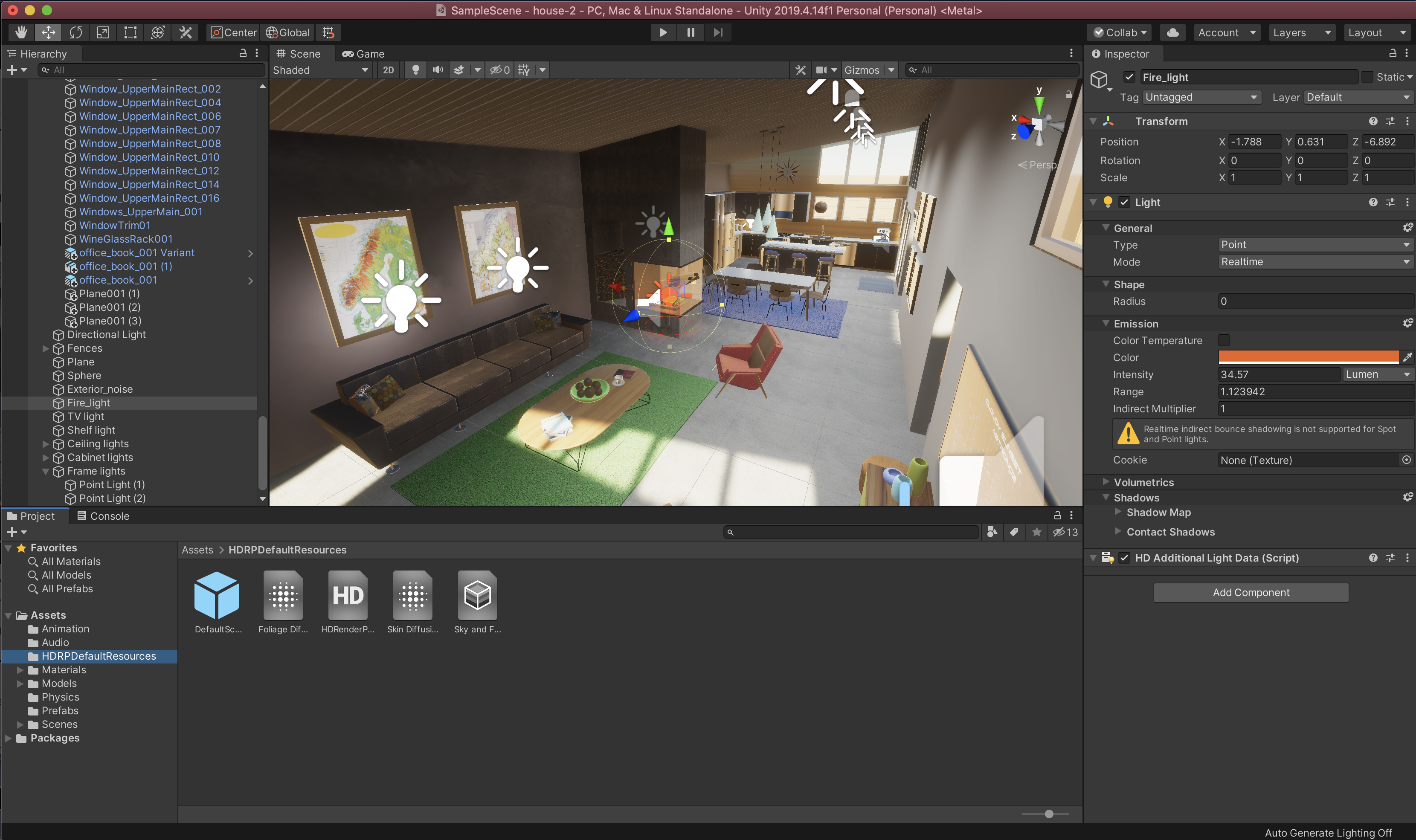
(I will complete the remainder of the course soon.)
I was not able to move past baking lighting, though I watched the remaining videos. The calculation would have taken 2 hours. Overall Unity seems pretty cool, but that tutorial was pretty annoying (especially because the starter files worked only half of the time).